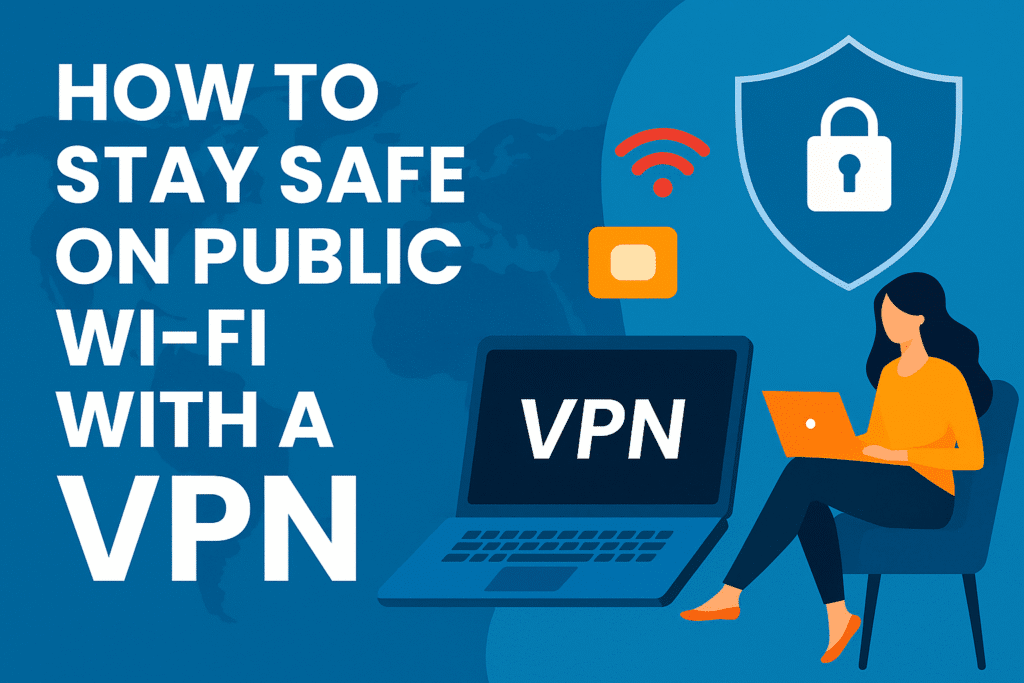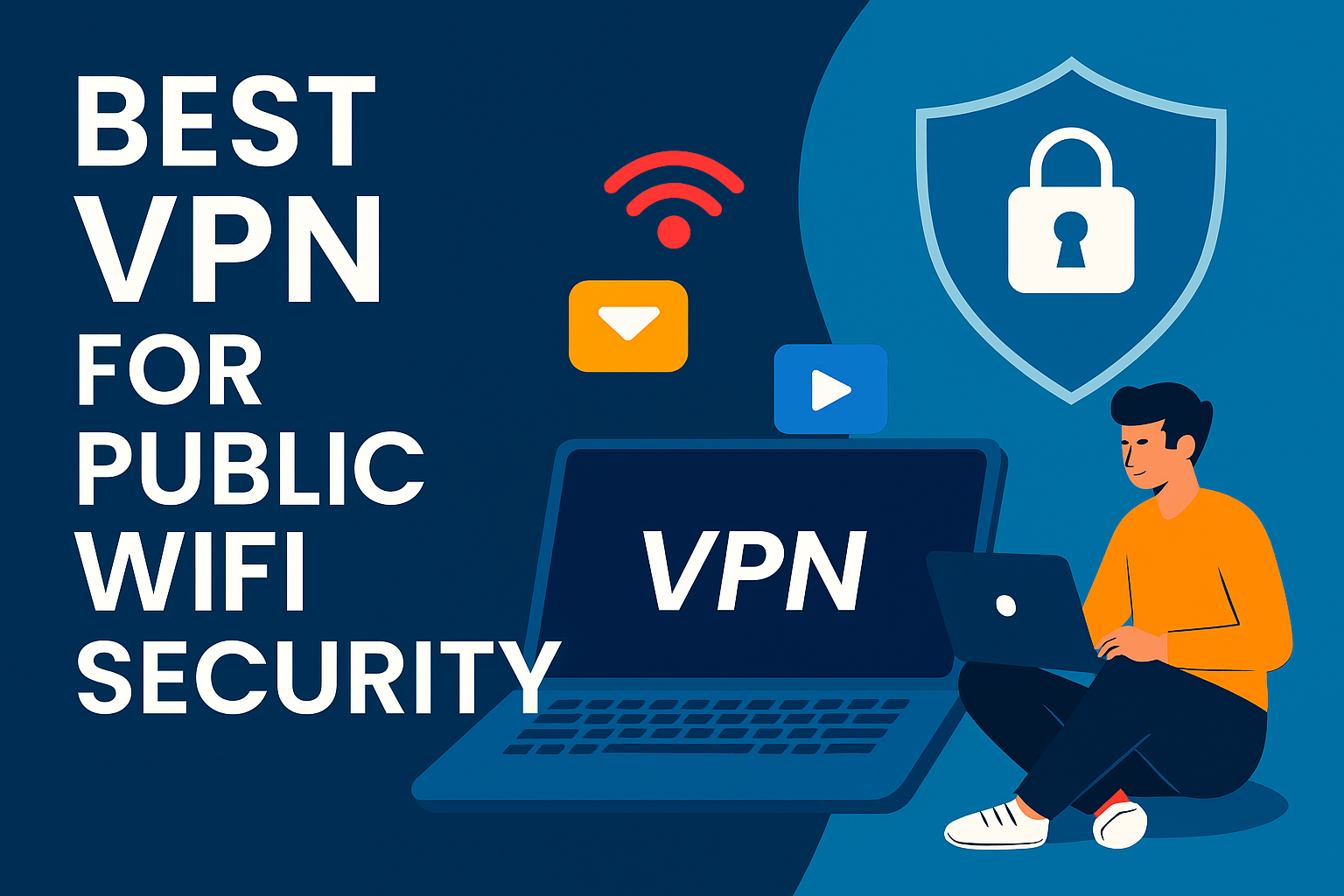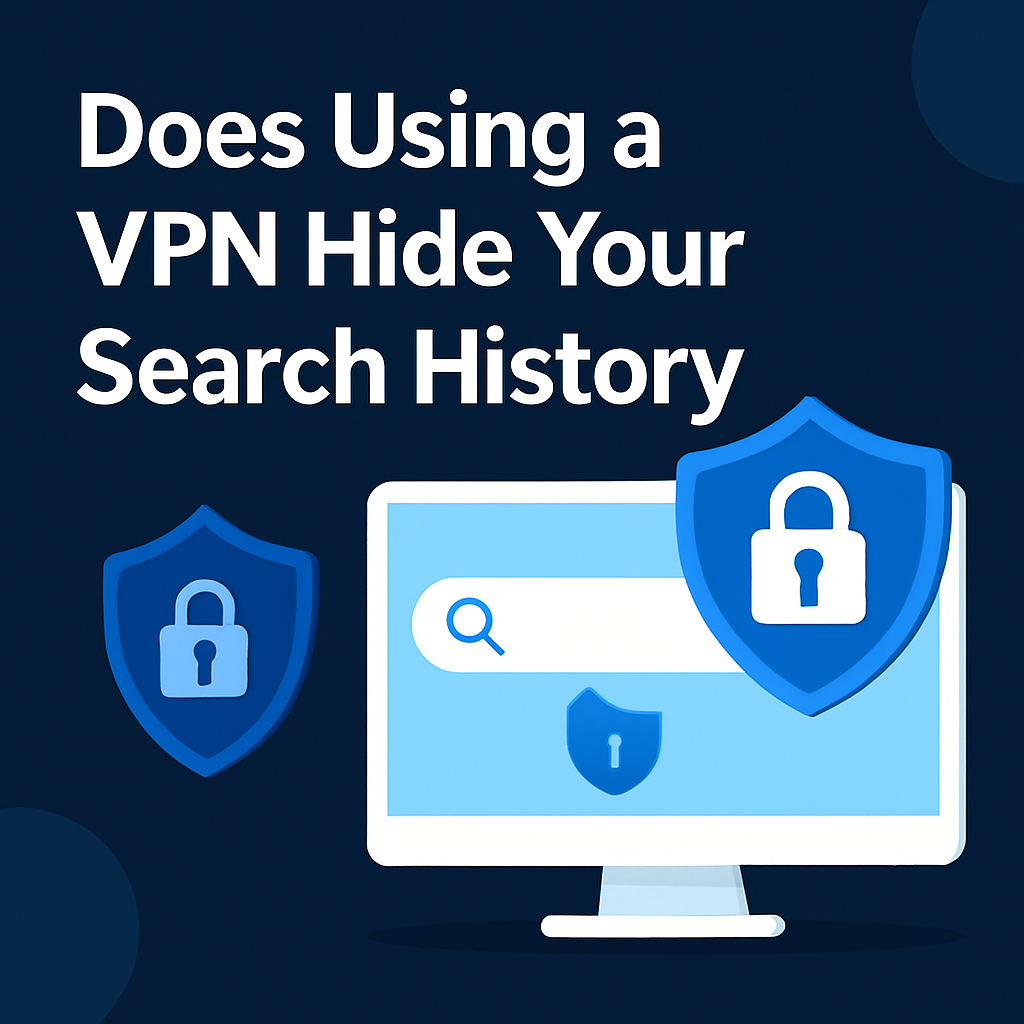
Introduction: The allure and risk of free public WiFi
Free WiFi is a beautiful trap. It promises fast, no-cost internet just when you need it—whether you’re at a coffee shop, hotel, airport, or shopping mall. But behind the convenience lies something darker: open access often means open doors for cyber predators.
What makes public WiFi inherently unsafe?
Unlike your password-protected home network, public WiFi typically lacks any encryption. That means your data floats around in plain sight, accessible to anyone with the right tools and bad intentions.
Who’s lurking on that open network?
Cybercriminals. Identity thieves. Data sniffers. Even bored hobby hackers. Anyone can connect to the same WiFi and silently observe, intercept, or manipulate your traffic without you noticing a thing.
Real-life horror stories from unsecured connections
People have lost entire bank accounts just by checking balances at a cafe. Others had private photos stolen and leaked. And some were unknowingly infected with malware that spied on their keyboard activity for weeks. These aren’t myths—they’re cautionary tales.
Why VPNs are essential, not optional
A VPN isn’t just a luxury anymore. On public WiFi, it’s a necessity. It encrypts your connection, masking your activities and preventing outsiders from prying into your digital life.
Understanding the role of a VPN
A VPN, or Virtual Private Network, routes your internet traffic through a secure, private server. It hides your real IP address and wraps your data in a tunnel of encryption, shielding it from unwanted eyes.
How VPN encryption keeps your data private
Most premium VPNs use AES-256 encryption—an algorithm so secure, it’s used by militaries and intelligence agencies. Once your data is encrypted, even if it’s intercepted, it’s virtually unreadable.
What happens without a VPN: a breakdown
Every email you send, every password you enter, every file you download on an open network is exposed. Without a VPN, it’s like whispering secrets in a crowded room with a megaphone.
Public WiFi hotspots most targeted by hackers
- Airport lounges
- Hotel lobbies
- University libraries
- Fast food chains
- Shopping centers
These are places where large groups connect to shared networks without security protocols—prime hunting grounds.
Common cyberattacks on open networks
Man-in-the-middle attacks
Hackers insert themselves between you and the server you’re accessing. They can read, modify, or redirect your data invisibly.
Packet sniffing
Attackers use tools to “listen” to data packets traveling across the network, collecting sensitive information in real time.
Session hijacking
They steal your session cookies and impersonate you on websites, even logging into your accounts without credentials.
Fake hotspot traps
You think you’re connecting to “Free_Cafe_WiFi,” but it’s actually a rogue hotspot mimicking the real one.
Why HTTPS alone won’t save you
While HTTPS encrypts traffic between your browser and the site, it doesn’t protect DNS queries, app traffic, or system-level data. Nor does it hide your IP. It’s helpful, but far from foolproof.
What is a kill switch and why you need it
If your VPN disconnects unexpectedly, a kill switch automatically blocks all internet traffic until it’s reconnected. This prevents accidental data leaks in vulnerable moments.
How DNS leaks can expose you even with a VPN
Without DNS leak protection, your device might still send requests through your ISP’s DNS server—exposing which websites you’re visiting. That defeats the purpose of a VPN entirely.
Key features your VPN must have
- AES-256 encryption
- Automatic kill switch
- Strict no-logs policy
- DNS and IPv6 leak protection
- Multiple device support
- Public WiFi auto-connect feature
Free VPNs vs Paid VPNs: Trust vs Trade-offs
Free VPNs often come with strings: limited data, slow speeds, and questionable privacy practices. Some even sell your data to advertisers. With paid VPNs, you pay for peace of mind and true protection.
Step-by-step: How to set up your VPN for public WiFi
- Download a reputable VPN app (NordVPN, Surfshark, ExpressVPN, etc.)
- Install it on your device
- Log in and choose a server close to your location for speed
- Enable security features like the kill switch
- Connect to public WiFi only after activating the VPN
Best practices while connected to public WiFi
- Avoid logging into sensitive accounts unless necessary
- Don’t enter financial information
- Log out of sessions when done
- Forget the network after use
- Update your device and apps regularly
How to use a VPN without draining your battery
Choose lightweight VPN protocols like WireGuard or IKEv2. Turn off unnecessary background apps, and dim your screen to preserve power while your VPN works quietly.
VPNs and mobile safety: Android & iOS tips
Both platforms now support always-on VPN features. Enable auto-connect, restrict insecure connections, and use split tunneling to limit what traffic passes through the VPN.
VPN compatibility across devices and platforms
The best VPNs offer apps for Windows, macOS, iOS, Android, Linux—even Chrome extensions and router setups. Protect every corner of your digital ecosystem.
What to avoid even with a VPN on
Don’t download files from unknown sources. Don’t click sketchy ads. And definitely don’t disable your VPN just because a site blocks it—switch servers instead.
Signs your connection is under attack
- Slower-than-usual browsing
- Frequent disconnections
- New popups or redirects
- Login prompts for sites you’re already signed into
- Suspicious device behavior after connecting
Using VPNs while traveling internationally
VPNs are vital for bypassing censorship, accessing blocked content, and protecting your data in countries with intrusive surveillance. Make sure your VPN works in the region you’re traveling to (some block them).
Legal and ethical considerations of using a VPN
VPNs are legal in most countries, but a few (like China, UAE, and Russia) impose restrictions. Always research local laws. Using a VPN responsibly is key—don’t use it to break laws or violate terms of service.
Conclusion: Connect freely, but protect aggressively
Public WiFi is not the enemy—it’s the unprotected connection that’s the real threat. A VPN gives you the digital armor to browse, work, and live online safely, no matter where you are. In a world where data is currency, protecting it is no longer optional—it’s essential.


